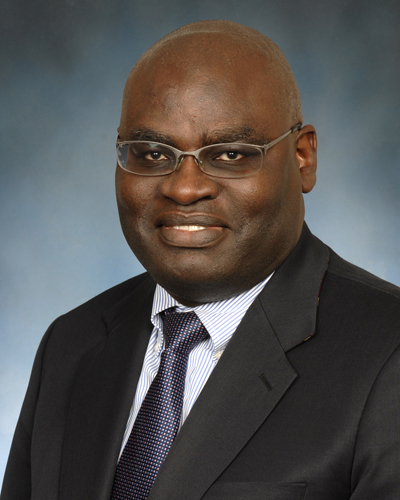Division Director

The Division of Cancer Epidemiology brings together faculty who conduct population research to identify environmental, lifestyle and genetic determinants of cancer risk and outcomes and to elucidate mechanisms underlying these associations. Faculty conduct research on a wide array of environmental and lifestyle exposures including viruses, pesticides, hormones, diet, and physical activity; inflammatory, metabolic, and endocrine responses; and germline and somatic genetic and epigenetic changes associated with cancer risk.
Studies are ongoing to identify:
- serum biomarkers associated with cancer risk including both targeted and non-targeted metabolomic approaches
- genetic and epigenetic determinants of risk as well as gene-environment interactions associated with risk using both targeted pathway and GWAS strategies
- the role of the host microbiota in determining risk vis-à-vis effects on susceptibility to infection
- the influence of lifestyle over the life course, including diet and physical activity, on risk
- somatic transcriptomic and epigenomic determinants of tumor aggressiveness
The Division aligns closely with the University of Maryland Marlene and Stewart Greenebaum Comprehensive Cancer Center (UMGCCC) where all faculty are members of the Population Science Program, which fosters collaborations across the University of Maryland Baltimore as well as with faculty at the University of Maryland College Park.
The Maryland Cancer Survivorship Cohort (MCSC) is a major new initiative of the UMGCCC and Division of Cancer Epidemiology to identify tumor, patient, treatment, and community level determinants of cancer risk and survivorship disparities. It provides the infrastructure to collect blood samples and demographic/lifestyle/psychosocial data from UMGCCC and network hospital patients and a sample of non-cancer controls, and link these resources to pathology specimens and treatment data. Patients enrolled in the cohort are actively followed to ascertain clinical and quality of life outcomes. The MCSC will support investigator-initiated translational research that is responsive to NCI’s Precision Medicine Initiative as well as behavioral research aimed at improving cancer patients’ quality of life.
The Division of Cancer Epidemiology has an international presence and partners with investigators in Nigeria to understand the basis for global disparities in cancer risk and outcomes and to identify remedies.
The division offers a Cancer Epidemiology course in alternate years and welcomes graduate and post-doctoral students interested in cancer epidemiology training.
